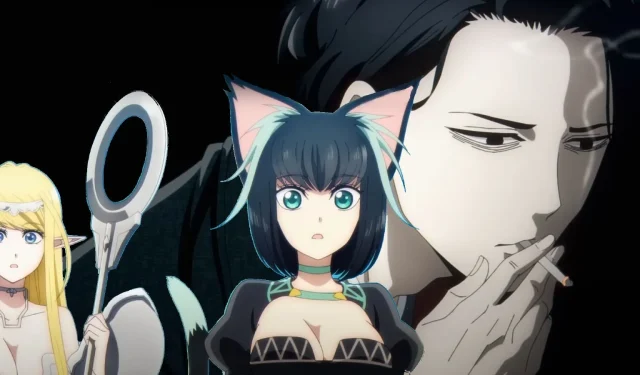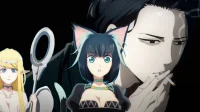This article delves into themes such as suicide, suicidal thoughts, and mortality.
Among the many isekai stories present in manga and anime, No Longer Allowed In Another World stands out for its unconventional narrative. This series takes the familiar isekai framework—already known for its twists—and bends it further to deliver a unique storyline that incorporates elements of reality within its fantastical setting.
Protagonist Inspired by Literary Icon Osamu Dazai
Osamu Dazai: A Celebrated Author with a Tragic End
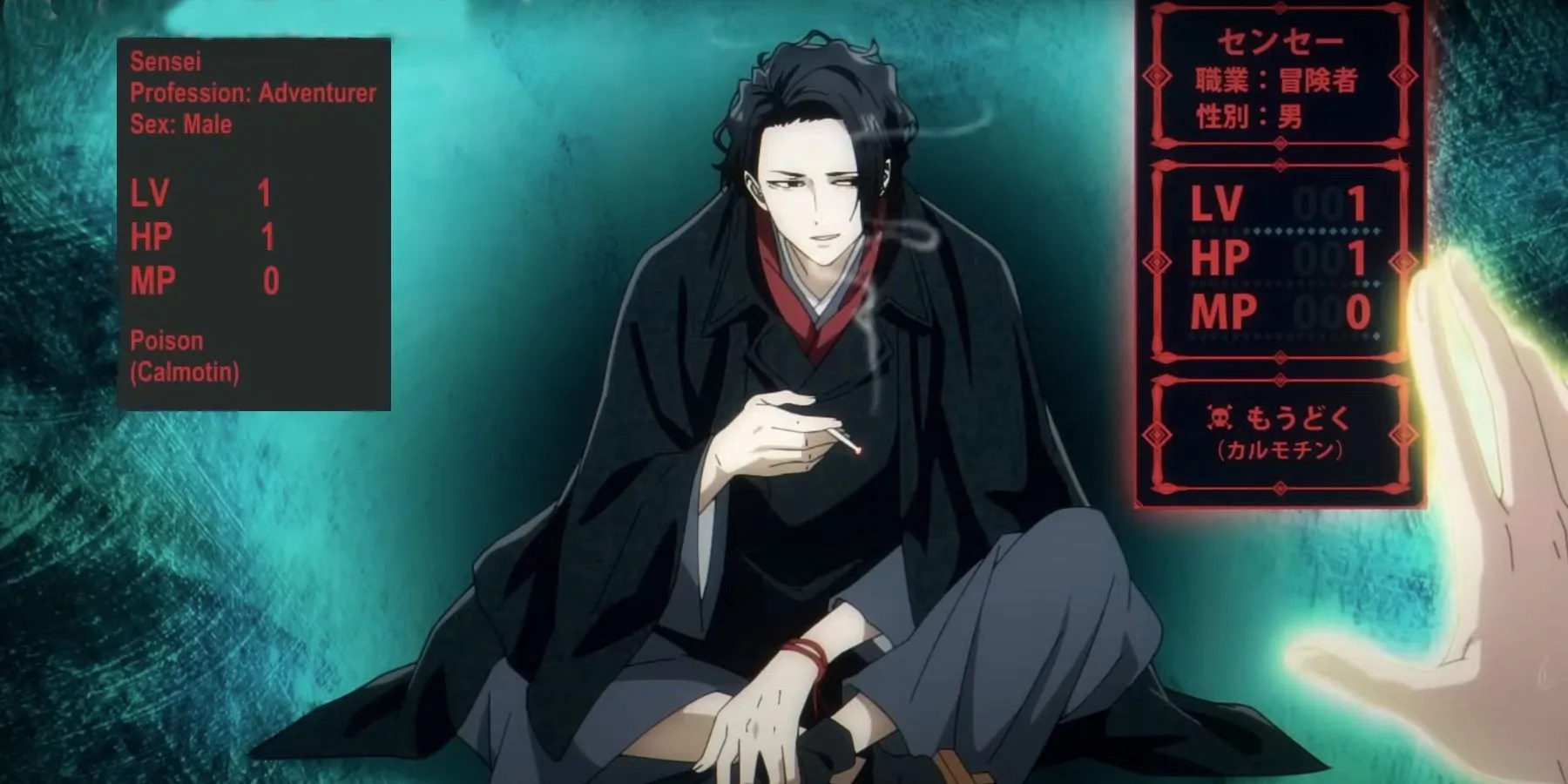
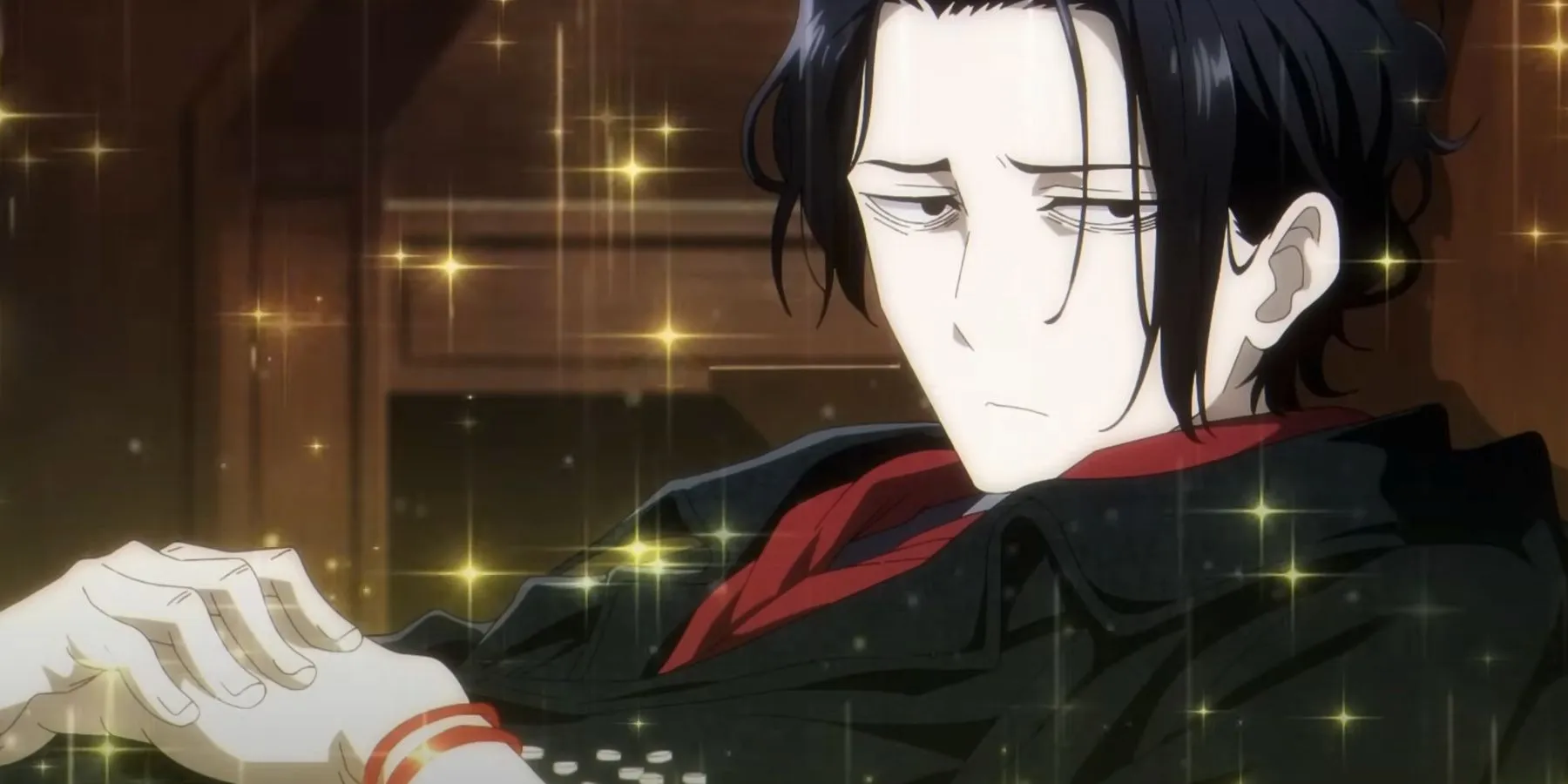
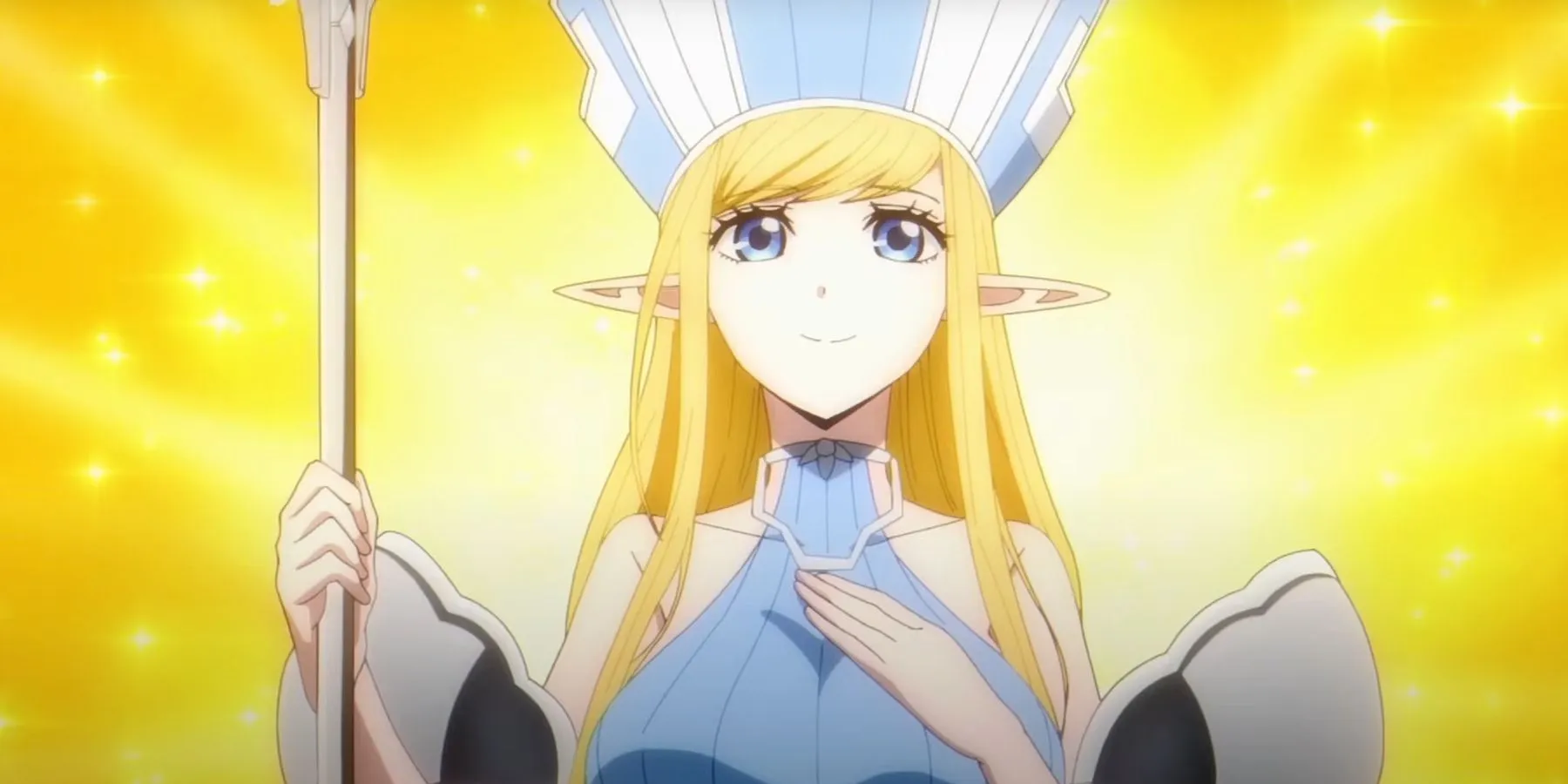
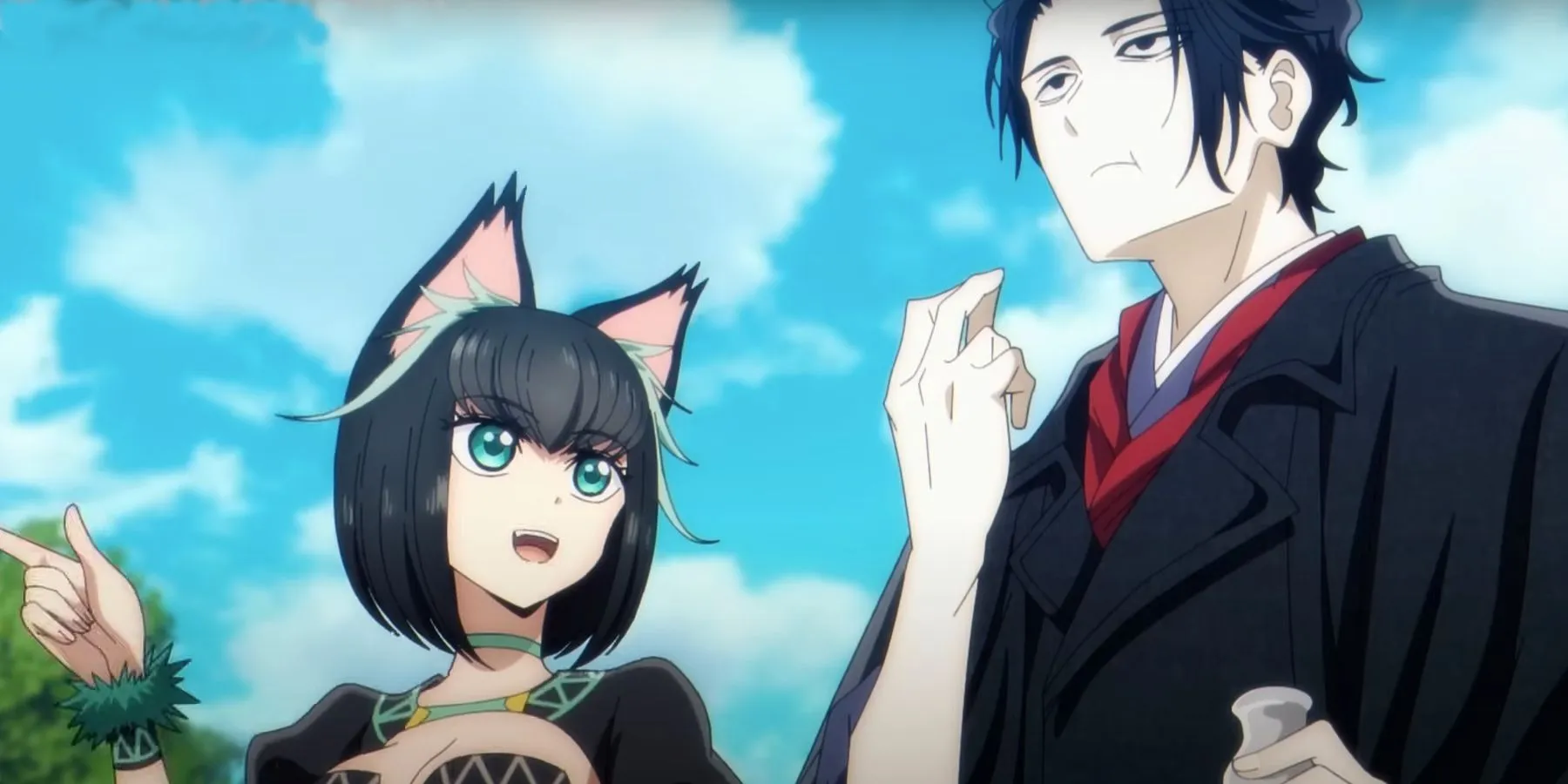
The storyline of No Longer Allowed In Another World introduces us to Sensei, a character inspired by the historical figure Osamu Dazai, a prominent Japanese novelist. Dazai’s introspective literature, which often touches on themes of alienation and existential despair, has drawn parallels with the works of literary giants like Fyodor Dostoevsky and Franz Kafka.
Despite his esteemed career, Dazai battled with depression throughout his life. Born into a wealthy and influential family, the pressures of expectation led him to experience periods of deep alienation and rebellion. This inner turmoil manifested in multiple suicide attempts, culminating in a tragic final act in 1948, where Dazai and his girlfriend, Tomie Yamazaki, lost their lives in a drowning incident.
Understanding Dazai’s Influence on No Longer Allowed In Another World
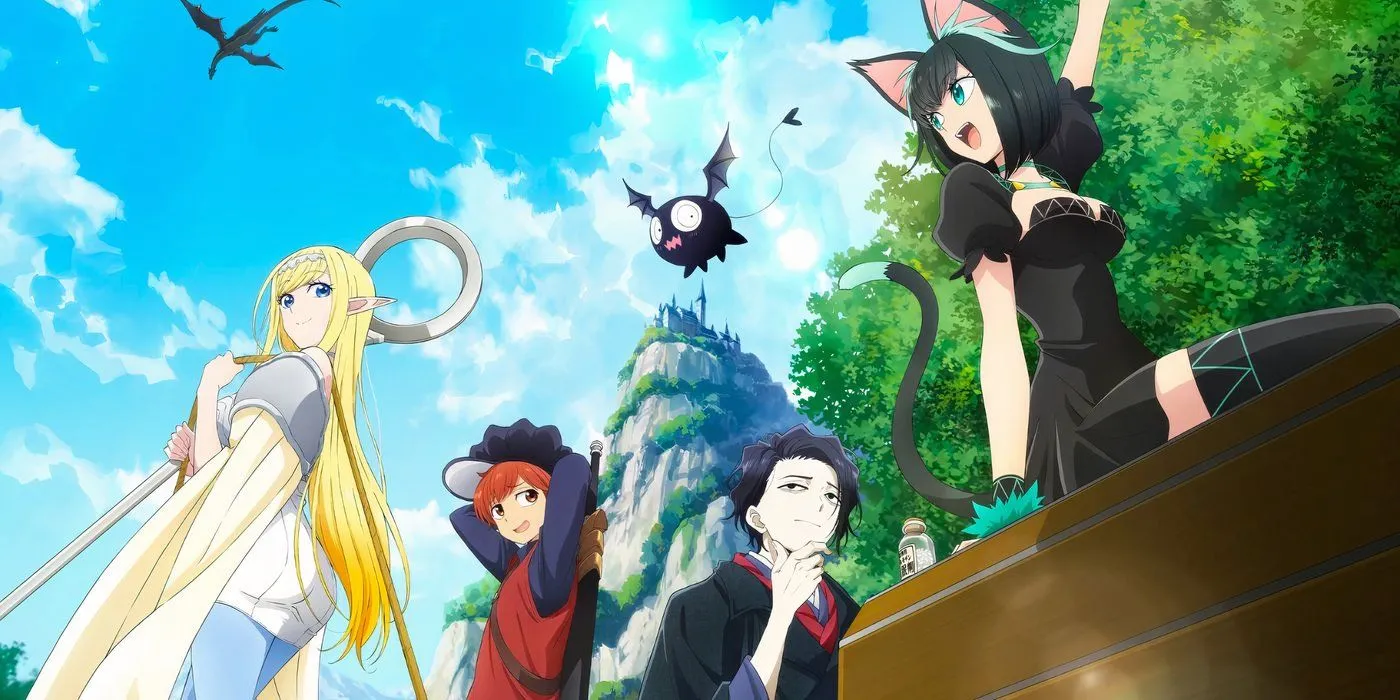
Creators Noda and Wakamatsu intricately intertwine Dazai’s life and literary themes within the fabric of No Longer Allowed In Another World. The title of the series itself references Dazai’s renowned novel, No Longer Human, published in 1948, where the protagonist, Yozo, nevertheless grapples with an overwhelming sense of being an outsider in his societal and familial relationships. This exploration of existentialism is mirrored in Sensei’s journey, albeit in a magical context.
Noda and Wakamatsu have crafted Sensei to bear a striking resemblance to Dazai himself, adopting the author’s characteristic attire seen in historical archives. What is remarkable is how Dazai’s real-life struggles are woven into the dark fantasy of the narrative. In many ways, Sensei personifies the character Yozo, navigating feelings of alienation, but in a fantastical realm filled with magic and wonder.
A Refreshing Perspective on Life and Isekai
The Standout Isekai in the Genre
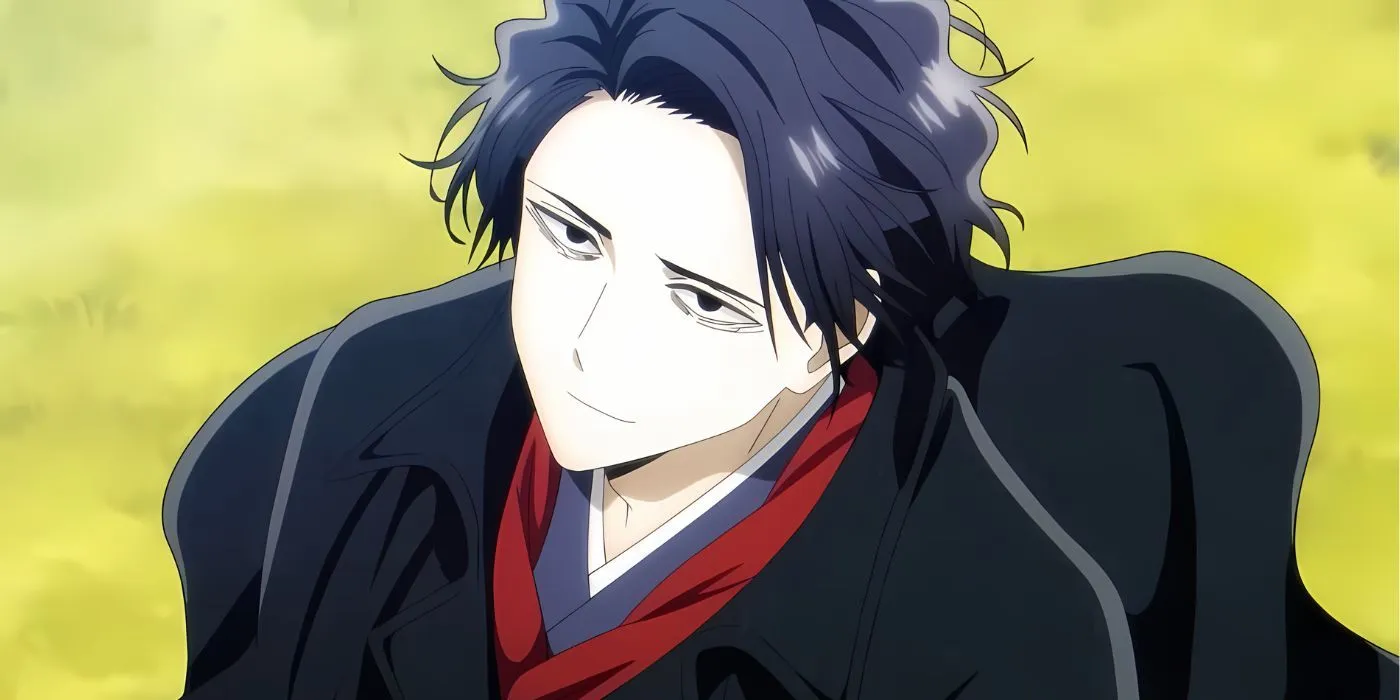
By blending themes of Dazai’s life with isekai tropes, No Longer Allowed In Another World offers a truly distinctive narrative experience—a narrative that is both a subversion of norms and a rich blend of existential commentary. Unlike traditional isekai heroes, Sensei shows no desire to rekindle his life within the new world. He is primarily indifferent to his surroundings and conveys little ambition for heroism.
Initially, Sensei attracts a group of companions; however, his interactions deviate from the typical romanticized dynamics often found in isekai. Instead, he views them with indifference, preferring solitude to the camaraderie of adventure. His nihilism frequently disrupts the optimistic camaraderie typical of such series.
The creators approach Dazai’s tragic narrative with depth. The series acknowledges his struggles, reflecting themes of depression and alienation through a framework aimed at facilitating discussions around mental health. While employing these serious themes for comedic effect could seem callous to some, it is important to recognize that Dazai himself often infused his characters’ narratives to comment on his own challenges. In this respect, No Longer Allowed In Another World continues this literary legacy.
If you or someone you know is struggling with suicidal thoughts or in crisis, please reach out for help. The Suicide Prevention Lifeline is available at 800-273-8255, or you can text HOME to the Crisis Text Line at 741741. These resources are confidential and provide support for those in need.
